Too many of today's children have straight teeth and crooked morals
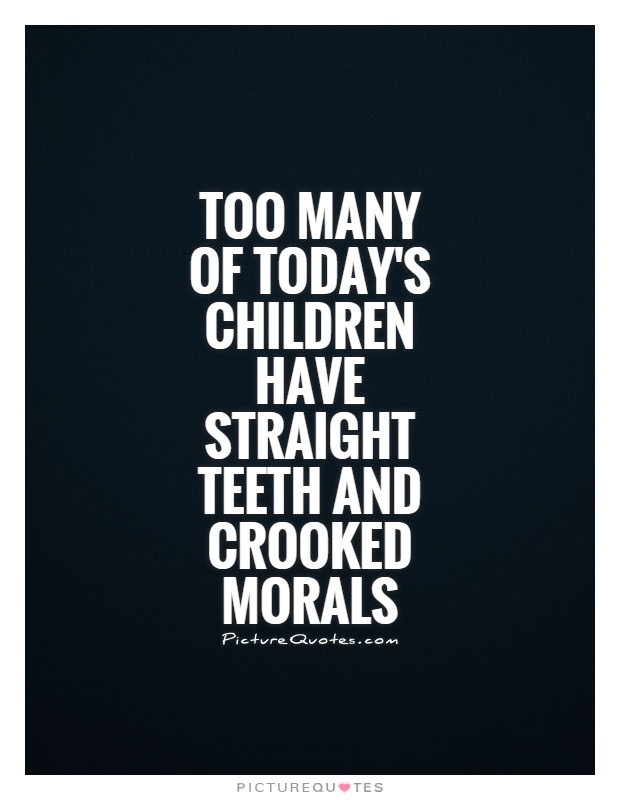
Too many of today's children have straight teeth and crooked morals
The phrase "Too many of today's children have straight teeth and crooked morals" is a thought-provoking statement that highlights a concerning trend in modern society. It suggests that while physical appearances may be improving, moral values and ethical behavior among children are on the decline.One possible interpretation of this statement is that advancements in dental care and orthodontics have made it easier for children to have straight teeth. This physical attribute is often associated with beauty and success, leading to a focus on appearance rather than character. In a society that places a high value on external beauty, children may prioritize their physical appearance over developing strong moral values.
Another interpretation of this statement is that the emphasis on material possessions and superficial success has overshadowed the importance of instilling moral values in children. In a world driven by consumerism and social media, children are bombarded with messages that prioritize wealth, fame, and status. This can lead to a lack of emphasis on qualities such as honesty, integrity, and empathy.
Furthermore, the rise of technology and social media has created new challenges for parents and educators in teaching children about ethics and morality. Children are exposed to a constant stream of information and influences online, making it difficult to monitor and guide their behavior. This can lead to a disconnect between the values children are exposed to in the digital world and the values they are taught at home and in school.
It is important for parents, educators, and society as a whole to recognize the importance of instilling strong moral values in children. While straight teeth may be a sign of physical health and well-being, it is ultimately a child's character and moral compass that will guide them through life. By prioritizing the development of ethical behavior and empathy in children, we can help create a more compassionate and just society for future generations.



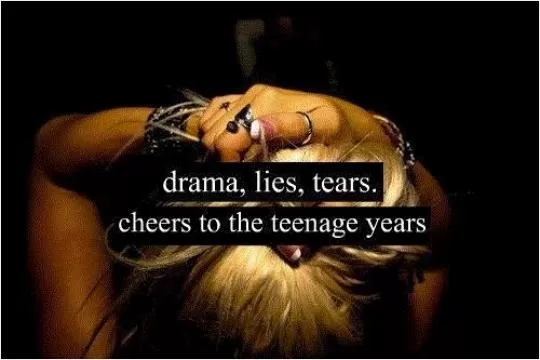

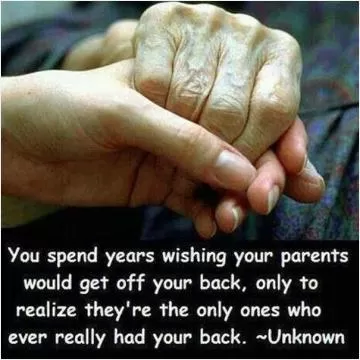


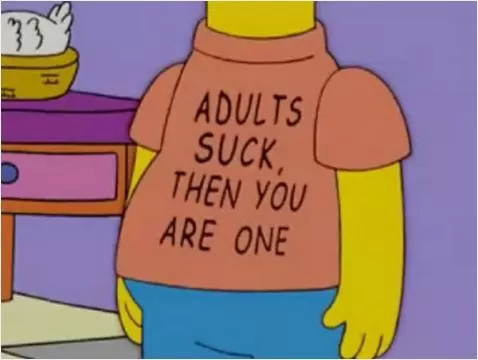
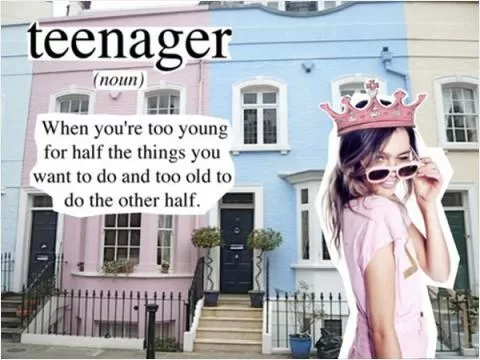


 Friendship Quotes
Friendship Quotes Love Quotes
Love Quotes Life Quotes
Life Quotes Funny Quotes
Funny Quotes Motivational Quotes
Motivational Quotes Inspirational Quotes
Inspirational Quotes